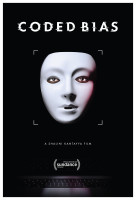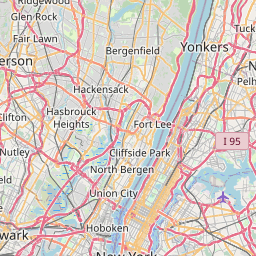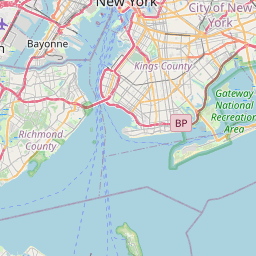Coded Bias Filming Locations

Where was Coded Bias filmed? Coded Bias was filmed in 6 locations across United States, United Kingdom and China in the following places:
Coded Bias Filming Locations
Brooklyn is a borough of New York City. Located on the westernmost end of Long Island, it is coextensive with Kings County in the U.S. state of New York.
London, the capital of England and the United Kingdom, is a 21st-century city with history stretching back to Roman times. At its centre stand the imposing Houses of Parliament, the iconic ‘Big Ben’ clock tower and Westminster Abbey, site of British monarch coronations. Across the Thames River, the London Eye observation wheel provides panoramic views of the South Bank cultural complex, and the entire city.
Hangzhou, the capital of China’s Zhejiang province, is the southern terminus of the ancient Grand Canal waterway, which originates in Beijing. Its West Lake, celebrated by poets and artists since the 9th century, encompasses islands (reachable by boat), temples, pavilions, gardens and arched bridges. On its south bank is 5-story Leifeng Pagoda, a modern reconstruction of a structure built in 975 A.D.
Chapel Hill is a town in North Carolina. It's home to a campus of the University of North Carolina, which is known for its basketball team. The Ackland Art Museum exhibits European and Asian art. The North Carolina Botanical Garden has nature trails and themed gardens. The Morehead Planetarium & Science Center runs a program of live demonstrations. Franklin Street is lined with shops, restaurants and bars.
Washington, DC, the U.S. capital, is a compact city on the Potomac River, bordering the states of Maryland and Virginia. It’s defined by imposing neoclassical monuments and buildings – including the iconic ones that house the federal government’s 3 branches: the Capitol, White House and Supreme Court. It's also home to iconic museums and performing-arts venues such as the Kennedy Center.
Coded Bias (2020)
When MIT Media Lab researcher Joy Buolamwini discovers that facial recognition does not see dark-skinned faces accurately, she embarks on a journey to push for the first-ever U.S. legislation against bias in algorithms that impact us all.













